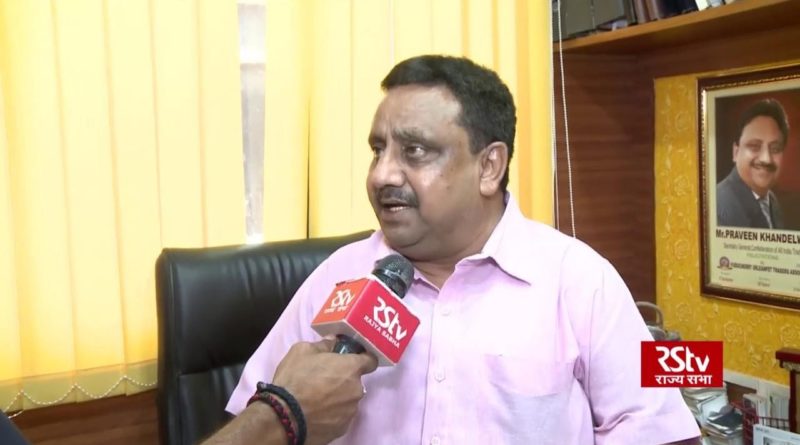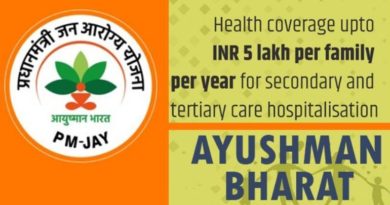CAIT urges Health Minister Harsh Vardhan to clarify whether currency note are COVID-19 spreaders
In the current critical scenario of the COVID pandemic in the country which is on a rise despite precautions, the Confederation of All India Traders (CAIT) has drawn the attention of Union Health & Family Welfare Minister Dr. Harshvardhan to reports that Currency Notes are carriers of infectious diseases. In a communication to Dr. Vardhan on Friday, June 05, CAIT has further said that it’s a matter of concern that COVID reportedly can spread with currency notes exchanging different hands. The CAIT has sought an authentic clarification immediately about the fact whether currency notes are carriers of infectious diseases or not. If the reports are factual, the government should apprise the people about the preventive and safety measures being taken. The clarification is also needed for the traders so that any prospect of spreading Corona through currency notes can be contained, said CAIT National President B.C.Bhartia & Secretary General Praveen Khandelwal. The issue of Currency Notes capable of transmitting infectious diseases is hanging fire for a couple of years as various international & national reports available on public domain state that currency notes spread infections. Usage of paper currency is one of the most dreaded carriers for different viruses and infections due to the rapid change of hands between unknown people and thus becomes a health hazard. The CAIT has referred to three reports which amply reflect the concerns of users of currency notes as carriers of viruses. It stated that a 2015 study conducted by King George’s Medical University, Lucknow, showed that almost an entire sample of 96 banknotes and 48 coins were contaminated with the virus, fungus and bacteria whereas a 2016 study conducted in Tamil Nadu showed 86.4% of 120 banknotes collected from doctors, banks, markets, butchers, students and housewives had various disease-causing pathogens and another report in 2016 from Karnataka study showed 58 of 100 notes of Rs 100, Rs 50, Rs 20 and Rs 10 were contaminated. Because of greater usage of currency notes in India, the business community being the largest user of currency notes is most prone to any such infection. In the context of COVID, this aspect assumes greater significance as currency changes hands rapidly between an unquantified series of unknown persons. Therefore, a clarification on such an important issue is all the more necessary as the currency is used by every citizen of the Country and if it is really a virus carrier then the adoption of preventive measures is much required to contain the spreading of Corona, CAIT said.




